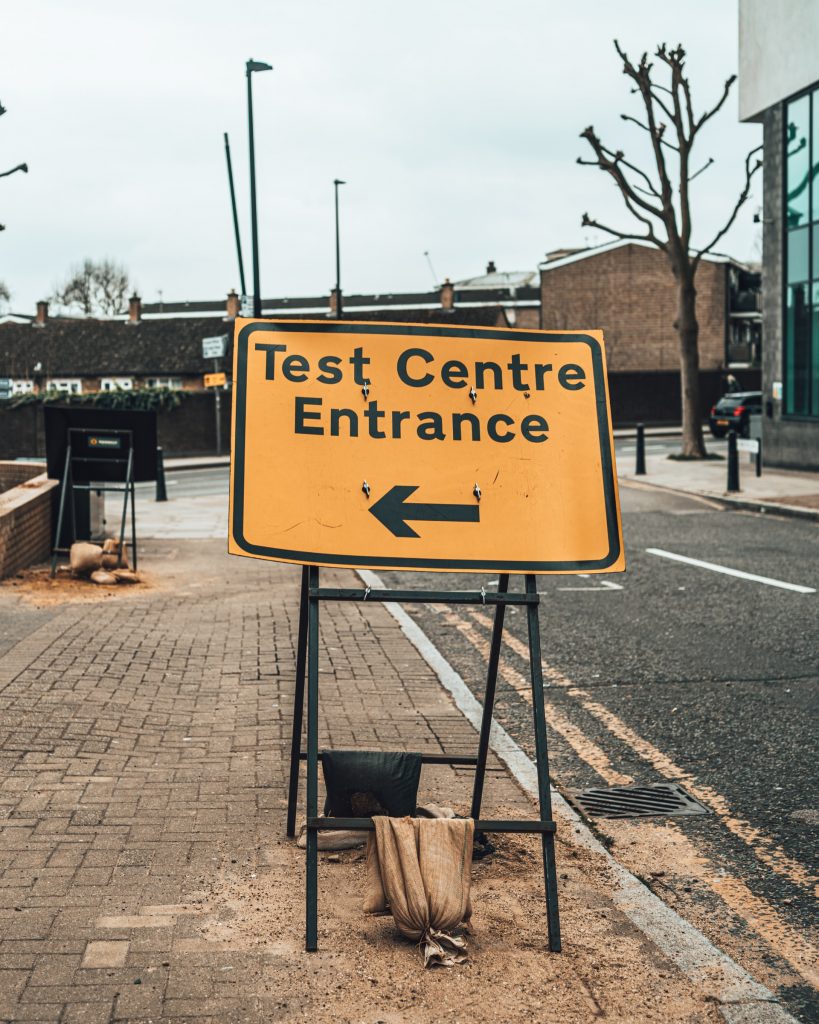Table of Contents
ToggleHow many times have you dreaded preparing for a school test? It may be every time you lose interest in the subject and still have to appear for the exam to get your final semester results. In most cases, when you enjoy the subject, you would not mind giving an exam because you are interested in learning more. The purpose of standardized tests is a blend of getting insight into your aptitude as well as preparing you for the industry that you are willing to be a part of.
Before we dive into learning about the types of standardized tests, let us understand what they are and what purpose they serve in your student life.
What Are Standardized Tests & What Is Their Purpose?
When all of the students taking the exam have to reply to the same set of carefully selected questions, the test is said to be standardised. This enables those who examine the data to draw comparisons between groups of kids. The use of multiple-choice or true-false questions on these examinations increases the likelihood of fair and objective outcomes, with less probability of bias or partiality in the scoring of the responses.
Similarly, standardised examinations are tremendously helpful for instructors and their institutions in gauging progress and meeting student needs. For example, a kindergarten readiness test is required in half of the states in the United States. Students frequently take the ACT or SAT while applying to colleges. The process of developing a standardised test and interpreting the findings necessitates a wide range of knowledge in subjects such as curriculum, child development, cultural and language variations, statistics, and psychometrics.
Standardized tests can be used for the following purposes:
Licensure or Certification: Check to see if someone has the knowledge and abilities required to be a qualified practitioner or to be accorded advanced status in a profession or occupation.
Curriculum-based End-of-Course Testing: To test whether you have mastered the course objectives.
Exit Testing: This test is to determine if students have learned the required amount to graduate from a particular level of schooling.
Admissions: Make informed judgments regarding who should be admitted to a certain educational institution.
Psychological tests: IQ tests and other cognitive abilities, mental, emotional, developmental, and social characteristics tests are used to assess a person’s cognitive skills and mental, emotional, developmental, and social characteristics. The examinations are often administered by trained experts, such as school psychologists, and may require children to complete a series of tasks or answer a set of questions. Psychological assessments are frequently used to identify students who have learning impairments or other special needs that require specialised care.
Book affordable housing with low-cost interest by clicking on the banners today!
What Are The Different Types Of Standardised Tests?
Here is a list of the types of standardised tests that you should be familiar with:
Achievement Tests
K-12 accomplishment assessments are used to evaluate what children have learned in a particular subject area. These tests include those created by states to assess mastery of state academic content standards, as well as general tests such as the Comprehensive Tests of Basic Skills, Tests of Basic Skills, and the Stanford Achievement Tests. Some institutions employ both specially developed assessments and a generic accomplishment test to assess content requirements and give normative data.
Achievement test results are frequently used in educational systems to indicate a student’s readiness for a certain level of teaching. High accomplishment ratings often indicate that students have mastered grade-level material and are ready for further education. Low accomplishment levels may suggest the need for remediation or a retake of a course.
Diagnostic Tests
Some standardised exams are used to identify strengths and deficiencies in certain areas, such as reading or math. A child in elementary school, for example, may struggle with reading, and one or more diagnostic tests would offer precise information on three components: (1) word recognition, which includes phonological awareness (pronunciation), decoding, and spelling; (2) comprehension, which includes vocabulary as well as reading and listening comprehension; and (3) fluency, which includes reading and listening comprehension.
Individual diagnostic exams are frequently conducted by school psychologists using established protocols. The examiner usually keeps track of not just the answers to each question, but also the child’s behaviour, such as distractibility or impatience. The diagnostic standardised test results are used with classroom observations, school, and medical data, as well as interviews with teachers, parents, and students to create a profile of the student’s skills and abilities, and to diagnose a learning impairment if appropriate.

Standardized IQ Tests
Most intelligence tests are designed to assess “g,” or general intelligence. Good intelligence tests are both trustworthy and valid, demonstrating that they truly assess intellect rather than anything else. Because intelligence is such an essential factor in determining individual differences, psychologists have spent a lot of time developing and perfecting intelligence tests, which are today regarded as the most accurate of all psychological tests. In reality, one of psychology’s most essential contributions to everyday public life is the capacity to appropriately judge intellect.
Aptitude Tests
Aptitude exams, like achievement tests, assess what pupils have learned, but instead of focusing on specific subject matter studied in school, the test items emphasise linguistic, numeric, and problem-solving abilities acquired in school or via general culture. These examinations are usually shorter than achievement tests and can be used to predict general school performance. If the goal of the test is to predict success in a given topic (for example, language arts), the strongest predictor is a prior accomplishment in that subject, therefore scores on a language arts achievement test would be beneficial. When the forecasts are broader, however, aptitude tests are frequently used. Both the ACT and the SAT, according to their creators, are good tests. Reasoning exams, which are used to predict college performance, examine overall educational development, reasoning, analytical, and problem-solving skills, as well as arithmetic, reading, and writing tasks.
Thanks for reading this blog on Purpose Standardized Tests, Their Uses & Types. If you are interested in learning more about student life, the following should be of interest to you:

















1 thought on “Top PGDM Courses In Canada: Universities, Specialisations & Eligibility”
I have done Bachelor’s in Culinary Arts from India and completed my graduation in the year 2022 .I am 22 years old. After graduation, I have done 1 year paid internship from USA .Now, I would like to take occupational experience and learn culinary skills and also do masters in Culinary arts.How can I find the college n best course / country where I can persue studying further